What the Land Trust believes
We believe that brownfield sites, particularly in urban areas, can have substantial value as green public open space serving many different purposes.
Brownfield land as green space delivers significant benefits, including:
Economic benefits
- Contributing to successful placemaking; a collaborative approach to planning, designing and managing public spaces to maximise wellbeing
- Encouraging existing communities to lead healthier lifestyles, reducing financial pressures on public health budgets
- Attracting investment and creating opportunities for local businesses
- Creating job opportunities and work for local contractors and businesses
Social benefits
- Providing access to green open space to existing communities in densely urban areas
- Improving people’s health and wellbeing
- Encouraging social cohesion
- Providing space for educational opportunities
- Providing a free local amenity for families
Environmental and biodiversity benefits
- Supporting climate change mitigation and adaptation measures, such as slowing water flow, reducing flood risk, reducing temperatures and counteracting heat islands, absorbing pollution and improving air quality
- Improving the quality of the land, to help it function more productively, such as improving soil quality to help purifying water
- Brownfield sites can also be wildlife havens, providing habitats for many important species, such as pollinators.
What we want to achieve
We want to ensure that brownfield sites are not solely considered for development, and that in some instances, they become green open spaces, to then add value to local communities and economies.
What we are doing
Using our existing green spaces to demonstrate that:
- brownfield land, which is not suitable for development, can have greater value as green open space
- transforming brownfield land into a community green space can have significant positive results for local communities and economies.
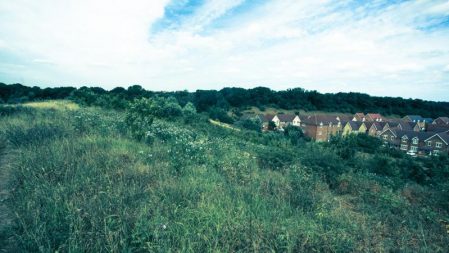
Braeburn Country Park
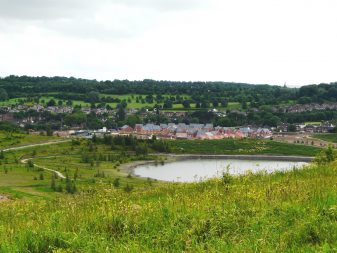
Silverdale Country Park
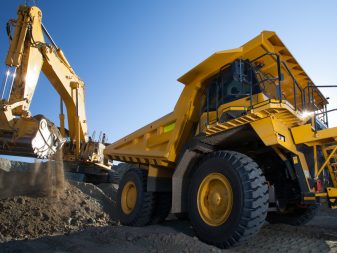
JCB digger
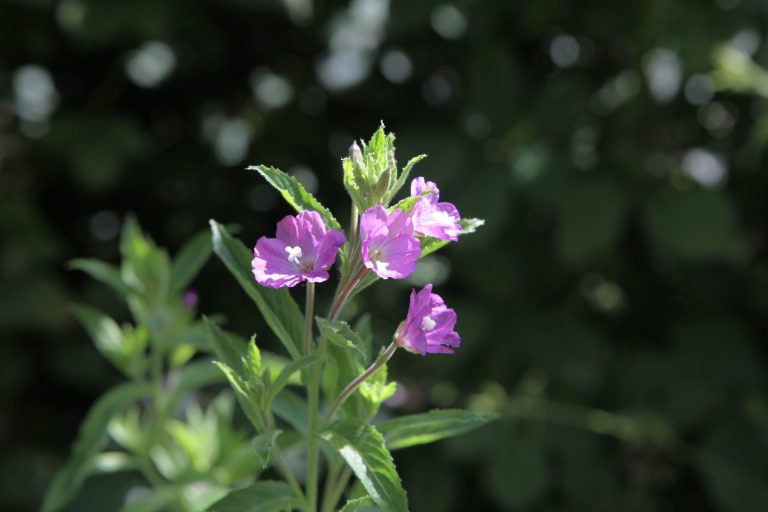
Wildflowers at Cronton Colliery
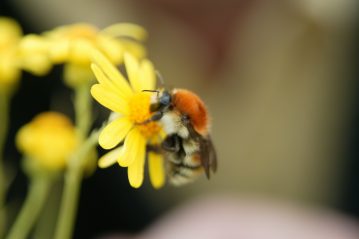
Brown-banded carder bee (C) Sam Ashfield
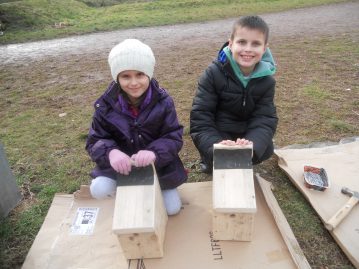
Children making bird boxes